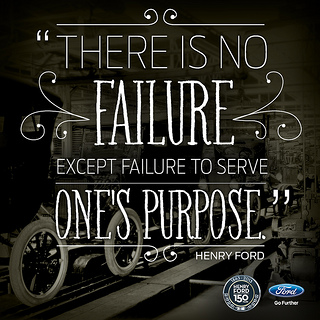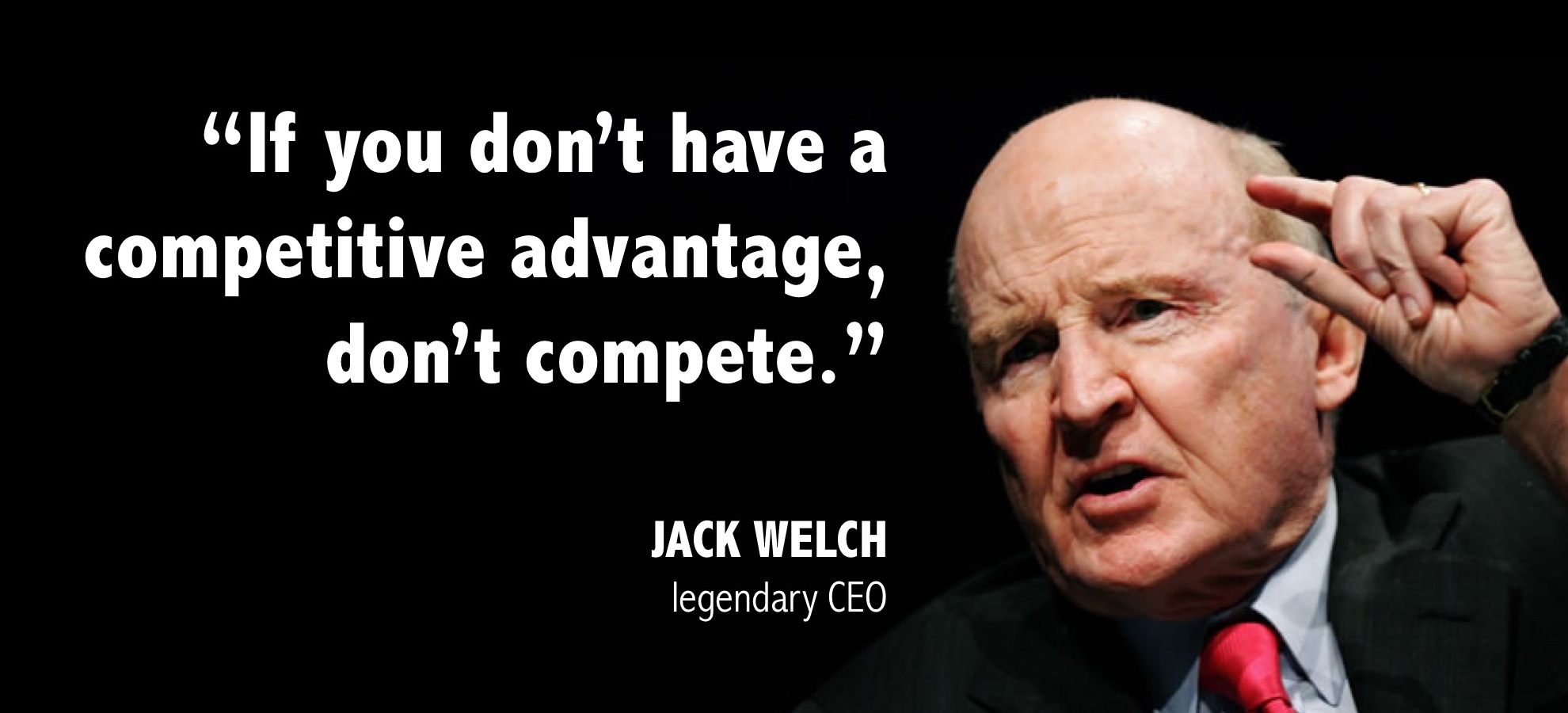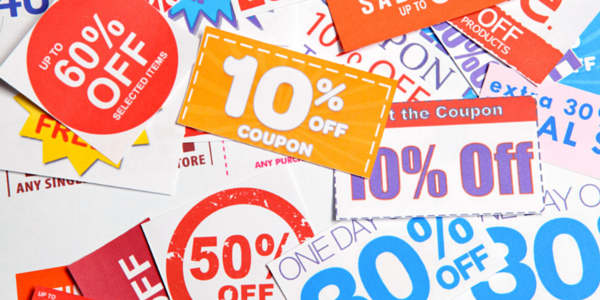Who doesn’t love a bargain? Turns out more people than Groupon thought. Born out of the recession and once a soaring startup, Groupon rejected Google’s offer of $6 million in favour of an IPO. Price conscious consumers wanted deals and Groupon’s large email list was attractive to struggling businesses and the daily deals market grew quickly. In 2011 Groupon had a share price of US$20, but daily deals are a complex beast and Groupon oversold on benefits. Deals were expensive for businesses and customers acquired through Groupon didn’t spend and didn’t return. Consequently businesses stopped running deals and Groupon’s share price plummeted to as low as US$2.63. Suited to some businesses and not others, daily deals are a complex marketing instrument that few if any people understood. The failure of Groupon’s daily deal business model is no different to the failure of businesses who used Groupon to understand some fundamentals in strategy. This blog post will look at Groupon’s new strategy and how businesses can learn from this adapt or die situation Groupon found themselves in.

1. Offer something of value
In an empirical study, researchers found that a business model and complex factors determined if a business was suited to running a daily deal. Groupon offered no real value to businesses. Only a business struggling to generate sales would come to the decision to run a daily deal. Restaurants, which account for 23% of Groupon deals are not suited to run daily deals given their high marginal costs. These businesses needed to
sustainably grow revenues and Savored.com, an online restaurant booking company that did just that. So Groupon acquired them. Groupon with Savored now has a
compelling value proposition. Re-branded to Groupon Reserve this product connects customers with restaurants and delivers value to both. Customers book online and the time they dine determines the discount they receive off their bill total. Restaurants get to fill tables in down periods and are not marketing themselves as discount retailers and represents a move towards predictive dining. Does your business have a compelling value proposition?
2. Offer something different
To have a competitive advantage in any market you need a
point of difference. Not even Facebook with 750 million users could get deals to work and after four months abandoned Facebook deals. With low barriers to entry, daily deal sites multiplied like rabbits and consumers became fatigued with countless daily deal emails. Groupon has since pivoted away from daily deals to offer a combination of products that differentiate them in the daily deal market. Groupon’s addition of global search to iPhone and Android devices and recent acquisitions are in a strategic move to stay competitive in mobile location based services. Groupon are further positioning themselves away from daily deals towards a mobile company that connects people to experiences. Consider this, are you just another ‘me too’ product or service?
3. Find a way to add more value to your offering
A strong brand creates emotional connections through branded experiences and Groupon is acquiring and partnering with companies that add value to their offering through experiences. Groupon acquired hotel booking service Blink renamed to Blink by Groupon and partnered with Expedia to increase the value offered via Groupon Getaways. The acquisitions continue as Groupon acquired SideTour, a market place for bespoke curated local experiences. The idea was to move away from cookie-cutter offers to a more boutique offering that consumers would be willing to
pay a premium for. Groupon Live, a joint venture between Groupon and Live Nation enables people find deals on local entertainment. These acquisitions
build on the value offered and the vision of Groupon to be the brand consumers use to explore and discover just about anything anywhere, anytime. Are you leveraging consumer insights to see how you could you add more value to your offering?
4. Be relevant. Personalize your marketed messages
In the relationship era of marketing, brands must address their customers as individuals in order to meet increased expectations for
personalization and relevance throughout the customer life-cycle. Digital communications that have little or no relevance to the person receiving are not going to get a response. Research finds 53% of consumers are more likely to purchase when brands personalize digital communications. Consumers’ value personalization across multiple channels, with 67% of consumers saying it is important for email to be personalized followed by social media (44%) and SMS (40%). With 44% of consumers no longer responsive to marketed messages, as a businesses you are competing for relevance. Groupon acquired Glassmap and Plumfare both social discovery apps to offer more targeted relevant deals to customers. Are you customizing and personalizing your messages?
5. Identify market opportunities
One word.
Mobile. A change in scale between the mobile and PC industry has been driven largely by Apple and Samsung. With 350 million PCs sold in 2012 versus 1.7 billion smartphones and 3.2 billion mobile users globally, it is clear to see the future is mobile. In a report by Google, 66% of smartphone users are using their smartphones to search for goods and services and 49% are redeeming coupons. Technology has changed consumer behavior and responding to this Groupon are positioning themselves as a well-rounded mobile company, not a daily deals company.
Geo-location offers the ability to connect people with businesses in real time and Groupon are now offering location based real time deals in partnership with Foursquare as well as Groupon Mobile that allows consumers to search, purchase and redeem coupons directly from a smartphone. Is your business identifying and capitalizing on market opportunities that could give you that competitive edge?

6. Push versus pull marketing
Consumers can now choose how much media they want to consume, when and on what platform. Pushing out marketed messages is a thing of the past. Using data, Groupon has adopted a new model that allows consumers to pull deals they want rather than have deals pushed out to them through emails. Are you
segmenting your emails?
The future of marketing is personalized, customized content that becomes advertising and the motivation to buy will be socially motivated. What is your social strategy?
7. Think long term gains
A brand is a shortcut for a collection of experiences and expectations, good or bad. The ability of a brand to deliver (or not) on the promises of engaging with the brand dictates how we decide to choose (or not) a particular brand. Without customers, there is no business. It costs more to acquire customers than to keep them. Remember that. It is too easy for customers to brand switch to a competitor and one way to make your customer relationships stick is though a loyalty program. Creating loyal customers should be a priority for all businesses. Is it yours? What is required is an effort to drive positive word-of-mouth, a renewed commitment to fulfilling the brand promise, delivering on brand experiences and exceeding customer expectations. This is the only way a business can expect to create loyal customers, brand advocates who sell for you in this socially influenced digital society. It is a competitive advantage that leads to long term sustainable revenues. For retail, travel and restaurants, customer loyalty programs are critical to stay competitive given they are so widespread in these sectors. Although not launched yet, Groupon Rewards is designed to work with Groupon’s merchants to convert daily deal customers into loyal customers. While success will depend on the merchant’s product and service, Groupon are now focusing on delivering on their brand promise of being an effective marketing tool for small businesses.
8. Reinvent yourself
The daily deal market matured quickly, low barriers to entry, high competition and an unproven business model resulted in the declined demand for and growth of Groupon’s core product. Groupon had to reinvent themselves, it was adapt or die. Since firing the founder and CEO, Groupon have strategically acquired or partnered with companies to provide services that are of value to both their merchants and subscribers. Too early to tell perhaps but this new strategy which sees Groupon repositioning and effectively re-branding themselves from a daily deals company to a mobile company is increasing Groupon’s revenues. Change is the only constant. How is your business responding to advances in technology, changes in consumer behaviour and the rise in expectiations and demands from the market?
9. Leverage existing relationships
Groupon Payments leverages Groupon’s existing merchant relationships to offer a discounted payment solution via scale for local commerce. Groupon now rather than screw small businesses over, wants to save them money and provide them with a better payment processing experience. They already have a large network of merchants through their daily deal advertising relationships, watch this space as Groupon capitalizes on the groundwork they’ve already laid to offer more business solutions to merchants. How could your business leverage existing relationships to create additional revenues?
10. Final word. Strategy
The future is mobile and these strategic acquisitions additionally have enabled Groupon to acquire the talent necessary for their mobile development team. While Groupon is not venturing into new territory by any means, the combination of Groupon’s products deliver on the brands promise. Groupon are connecting businesses with people, the discovery process increasingly more mobile and personalized and this is creating a competitive advantage for Groupon that is hard to imitate. Combining their scale with higher value differentiated platforms that connect people and businesses in more meaningful ways. Businesses who fail to adapt to changing consumer behaviors and technologies will not survive. What is your strategy?



